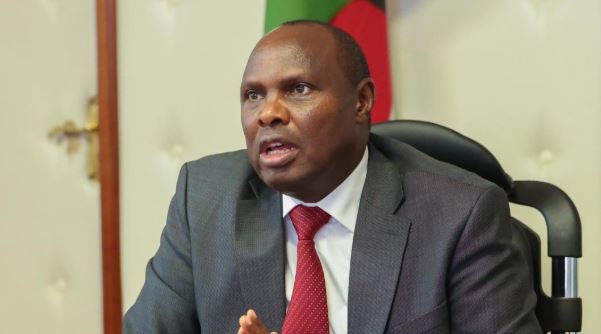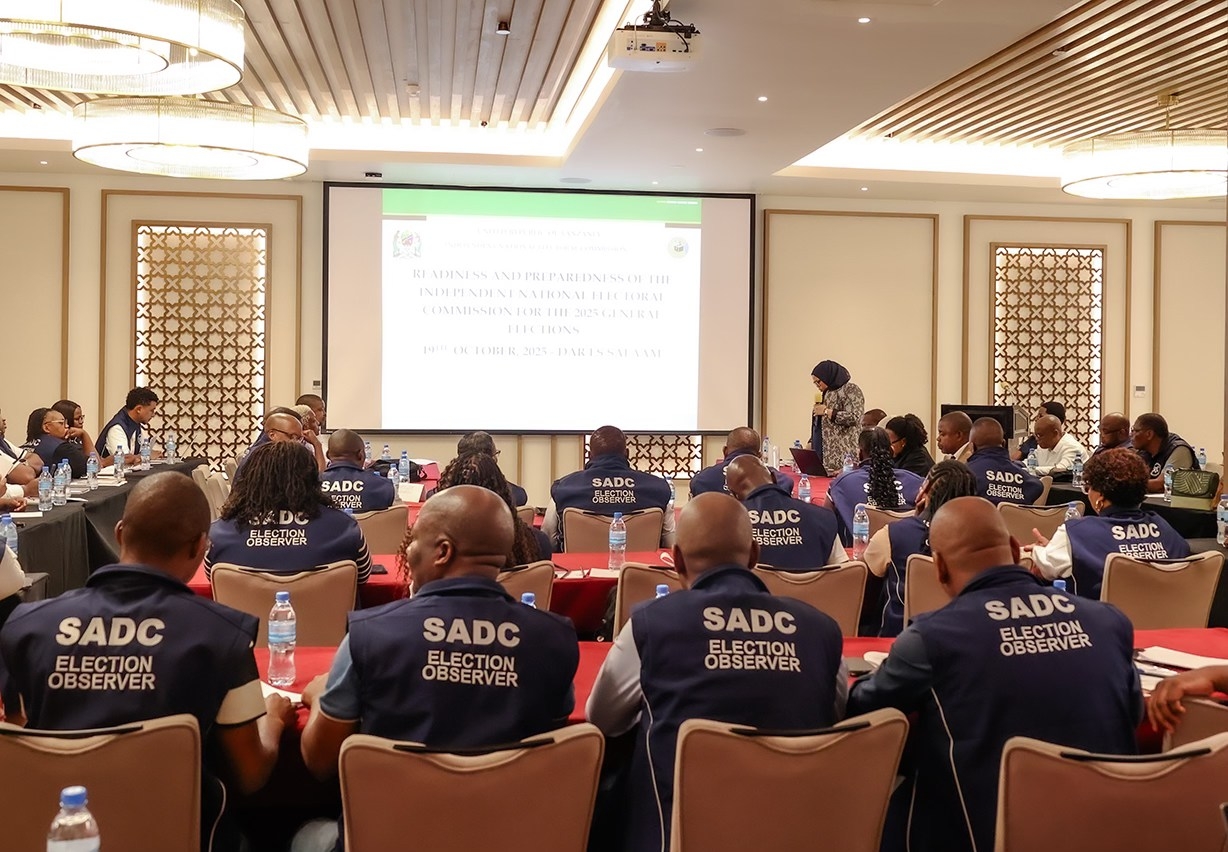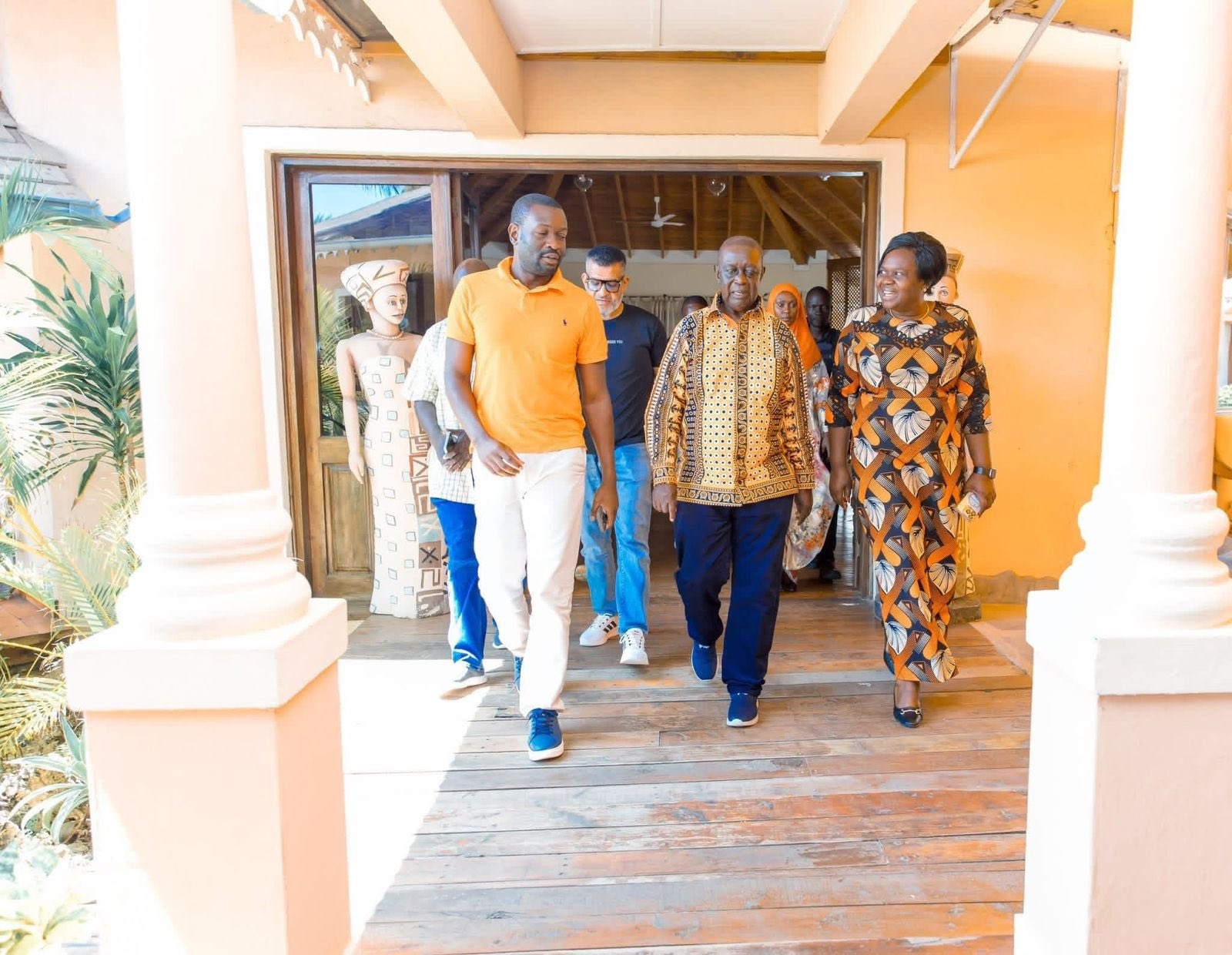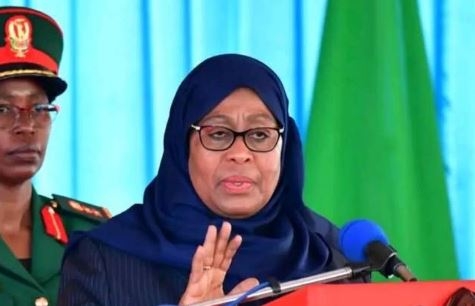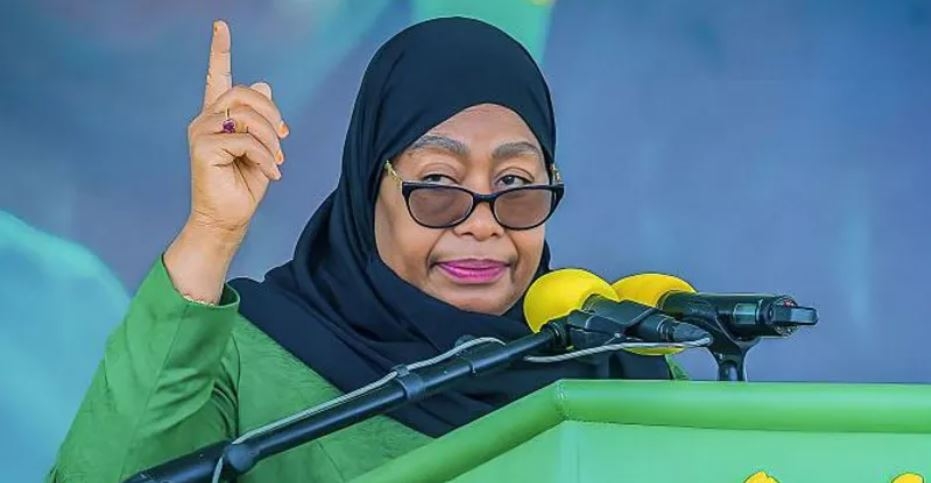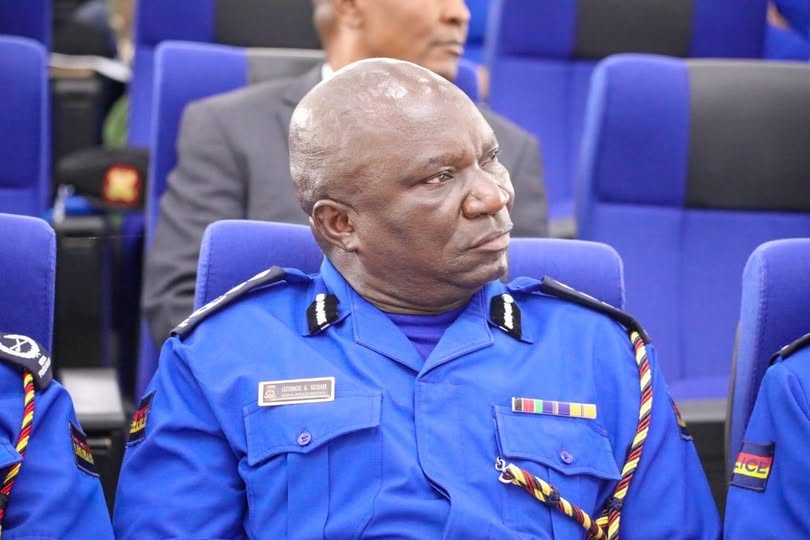In Kenya's legal and academic sectors, women are well-represented, yet they face a notable gap in reaching senior counsel and professorship positions.
There are fewer than 1,000 professors for Kenya’s 68 universities and 562,925 students, according to a recent academic article by Prof Ishmael Munene of Northern Arizona University.
The ratio of professors to students in Kenya is 1:563.
Of the less than 1,000 professors, women professors are less than 30 per cent.
In Prof Munene’s article of January 24, 2024, published on www.conversation.com, South Africa has around 4,034 professors and 1,112,439 students in universities. This translates to around 275 students per professor.
Professors occupy the highest teaching rank in the university.
They reach this rank by distinguishing themselves in teaching, research, scholarship and service.
They should publish extensively in renowned journals, generate substantial research grants for the universities and conduct community engagement activities that make an impact.
Prof Sarah Kinyanjui, the director of the University of Nairobi Mombasa campus, was recently conferred with a professorship at the age of 45.
She is among the few women professors in Kenya.
Kinyanjui, a mother of three, obtained her PhD in Law from the University of Leicester, United Kingdom, in June 2008 at the age of 28.
She holds a law degree from the University of Nairobi, and a Master’s Degree in Law and Development (LLM with Distinction) from the University of Warwick in the UK.
She won the PLO Lumumba Prize for Best Student in Criminal Procedure while in her second year at the University of Nairobi. She was also awarded for the “Best Thesis Presentation” at the University of Leicester during her PhD studies.
She is currently an associate professor at the University of Nairobi teaching international law, humanitarian law and international human rights.
She is the first female director of the University of Nairobi-Mombasa Campus since 2015.
Sitting behind her office desk on the fifth floor of the University of Nairobi’s Mombasa Campus during an interview with the Star, Prof Kinyanjui said her journey in academia has not been easy.
“You have children, you're taking them to school in the morning, or you have young children and you have all these care-taking obligations. It's very challenging,” she said.
Prof Kinyanjui said publishing academic articles (which is a requirement for professorship) is a rigorous process.
“Professorship depicts academic growth. For you to become a professor, there are a couple of things you must do. Number one, you must publish. There's a set number of peer-reviewed publications that you must do,” she said.
During such assignments, Prof Kinyanjui said, that because of very many care-taking obligations at home, women are not able to finish the articles and publish on time.
“Sometimes if I'm writing an article, I can't even come to the office because if I come and sit here, I won't be able to. And you probably need a month. You're just sitting, you're doing long nights, and you have all these other obligations at home,” she said.
At the University of Nairobi, which is ranked the eighth best university in Africa and 824th in the world by EduRank, there are only 12 professors at the faculty of law. Only three are women.
“At the faculty of law, out of 12 professors, we are only three women. That's our current dean Prof Winnie Kamau, Prof Scholastic Omondi and myself,” she said.
Prof Patricia Kameri-Mbote, who was also teaching at the University of Nairobi, left for the United Nations Environment Programme as the director of law.
“As it is right now, Kenya’s legal and teaching profession has very many women as lecturers. However, the truth is, fewer senior lecturers are women,” Prof Kinyanjui said.
“Having deans who are female is not a reflection of women's scaling the ladder of academia. They are excellent lecturers, they are excellent advocates, so the question is why are they not reaching the senior levels.”
Prof Kinyanjui, who is also among the few International Criminal Court (ICC)- accredited advocates in Kenya, said there is a need for more women to be mentored to go for senior positions.
“People like Prof Kameri-Mbote, pushed me to where I am today. So, mentorship is key,” she said.
Prof Kameri-Mbote introduced her to the Centre for Women's Rights in Zimbabwe, a Norwegian-funded project, whose key objective is to nurture women and female academics.
“So, I was very lucky to get on it. Prof Kameri-Mbote is the one who was already in it and then they brought me in to teach women and the criminal justice system,” she said.
She was travelling to Zimbabwe every year for three weeks to teach, and while there, she would meet other women experienced in publishing.
“You have people who say we are publishing and inspire you. When you write the article, some people peer review it. So, you develop. Had I not had that, I probably would not have had publications. So that mentorship is critical,” she says.
Prof Kinyanjui has introduced mentorship at the secondary school level in Mombasa town, for students who would want to study law.
Kinyanjui said Shimo la Tewa Secondary School, Oshwal Academy, Allidina and Sacred Heart High School in Mombasa have established law clubs.
The initiative is under the School of Law's University of Nairobi Mombasa campus Legal Empowerment Programme.
The project is being supported by the United Nations Development Programme, the European Union and Amkeni Wakenya project.
It was conceived to empower students to shun crime, stay safe from sexual and gender-based violence and pursue assistance if they experience SGBV.
Prof Kinyanjui is also a consultant for various organisations on issues of gender, governance, reform and legislation.
She has worked closely with the Kenya Police and the Prisons Department where she consulted “Sentencing Trends and Appropriate Sentencing”.
She has been a consultant for Legal Resources Foundation, Open Society Initiative for East Africa, United Nations, Public International Law and Policy Group where she advised on prosecution of War Crimes in Uganda, and Fida, where she has advised on issues of Anti-Discrimination and Equality.






